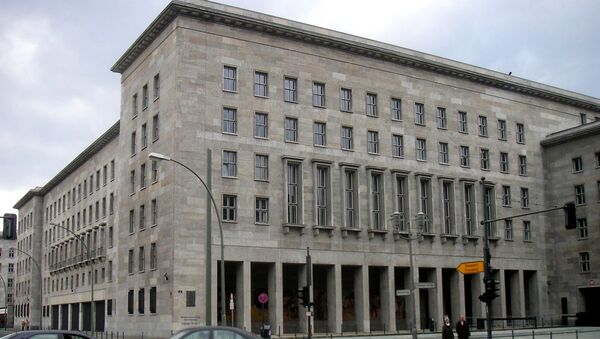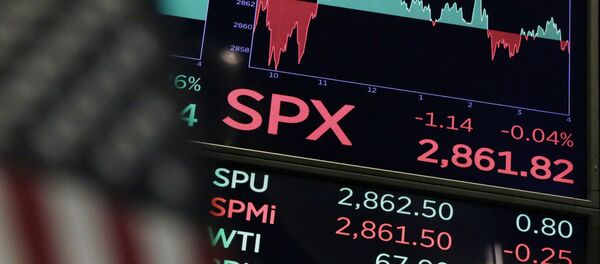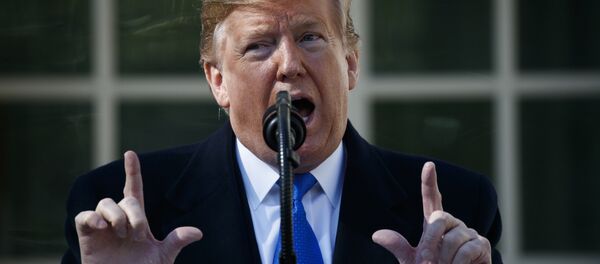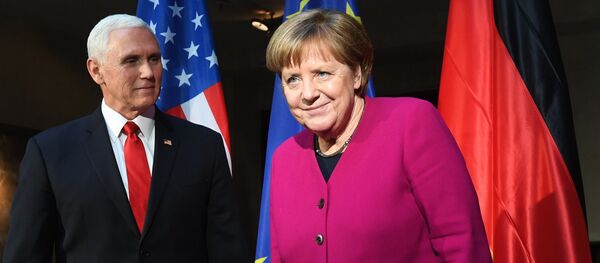Kristian Rouz — Germany's finance ministry has lowered its outlook on the nation's GDP growth for the second time this year, citing mounting international risks and slowing business activity at home.
Officials say the lingering threat of trade conflicts worldwide, a possible "no deal" Brexit, and the risk of financial collapse in the Eurozone's third-largest economy, Italy, will all weigh on Germany's economic performance this year.
According to a report by the German newspaper Handelsblatt, finance ministry officials are worried about a possible deterioration in economic performance this year, just after Germany narrowly avoided a recession in the last quarter of 2018.
"Internally, the Federal Government is only expecting 0.8 percent growth in 2019", a confidential finance ministry paper read, according to Handelsblatt.
Back in January, Germany's federal government had expected the nation's pace of economic expansion to moderate at 1.0 percent this year, but the most recent revision down to 0.8 percent might weigh on investor sentiment in the Eurozone's economic powerhouse.
READ MORE: Weaker Euro Disproportionately Benefits Export-Driven German Economy — Lecturer
"What's particularly worrying is that the early signs for 2019 suggest that a strong rebound is unlikely", Jack Allen of Capital Economics said.
German officials have additionally expressed concern with a slowdown in household spending, cooling business investment, and — most importantly — moderate growth in exports.
Meanwhile, the European Central Bank (ECB) is seen as potentially lacking enough firepower to prevent or reverse a new major recession in the euro area. The ECB's interest rates are already at the zero-to-negative levels, meaning the regulator won't be able to cut borrowing costs to support the bloc's economy.
READ MORE: Eurozone Price Index Rises in January, Industry Slides Into Contraction
Meanwhile, the immense size of the ECB bonds portfolio — estimated at least 2.5 trillion euros — suggests additional purchases of commercial debt will hardly have as much of a stimulative effect as 10 years ago.
Meanwhile, the German government's first downgrade in January was far more dramatic, as officials lowered their GDP expectations from 1.8 percent to just 1.0 percent. The latest downgrade suggests the German finance ministry believes the combination of international and domestic risks could easily shave off as much as 1 percent of Germany's GDP growth this year.
The finance ministry also didn't disavow the OECD's projections.
"The current OECD forecast for 2019 on the grounds of present data does not seem to be implausible", the ministry's note read, as quoted by Handelsblatt.
Despite the alarming predictions, experts at Pantheon Macroeconomics said they believe German economic growth will improve this quarter, despite the disappointing business surveys in January, and subsequent preliminary growth assessments.
READ MORE: Germany Surpasses Japan, Russia With World's Biggest Trade Surplus in 2018
"Net exports won't be in free fall forever, and consumers' spending also ought to pick up", Pantheon's Claus Vistesen said.




